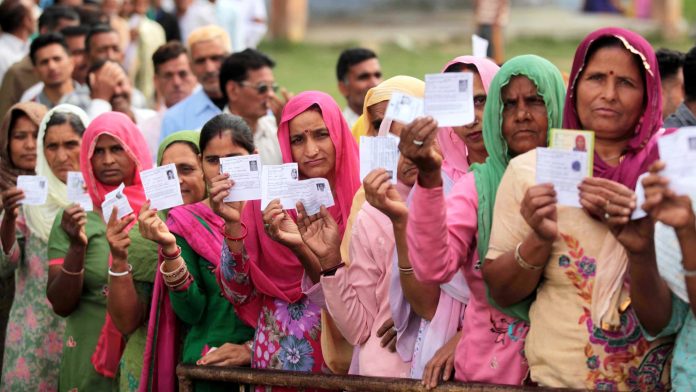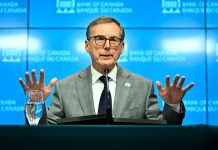
On Monday, across 96 constituencies, millions of Indians initiated the process of casting their votes, marking the country’s monumental, six-week-long election journey passing its midpoint. Prime Minister Narendra Modi, eyeing a third consecutive term, aims to secure a supermajority in Parliament.
This fourth round of the multi-phase national elections spanning nine states and one union territory holds significant importance for Modi’s Hindu nationalist Bharatiya Janata Party (BJP), particularly in its strongholds like Uttar Pradesh and Madhya Pradesh. Crucial seats in Maharashtra and Bihar, where the BJP governs in alliances with regional parties, are also up for grabs.
In Bihar’s Samastipur city, voters expressed concerns about escalating food prices, unemployment, and lack of economic development. Despite opposition from a broad alliance led by the Indian National Congress and powerful regional parties, most polls favor Modi and the BJP.
The staggered election will continue until June 1, engaging nearly 970 million voters to elect 543 members to the lower house of Parliament for five years, with vote counting scheduled for June 4. The conclusion of polling in the country’s five southern states on Monday holds significance for the BJP’s campaign goal of securing a two-thirds majority in Parliament.
Moreover, Srinagar, Kashmir’s largest city, will also participate in polls for the first time since the government’s decision to revoke the region’s semi-autonomous status in 2019. The BJP’s decision not to contest in the Muslim-majority Kashmir valley reflects tensions and opposition sentiment.
The election in Srinagar is viewed as a referendum against the government’s decisions, with opposition parties questioning the BJP’s claims of success in Kashmir. While Modi initially emphasized development, recent weeks have seen a focus on Hindu nationalism in his campaign speeches, drawing criticism from some voters who prioritize broader issues like economic development over religious rhetoric.
Despite India’s rapid economic growth, issues such as unemployment, inflation, and corruption persist, serving as focal points in the opposition’s campaign. The BJP’s change in campaign tone, focusing on Hindu identity, is seen by some as an attempt to consolidate support among the majority Hindu population and divert attention from pressing economic concerns.




